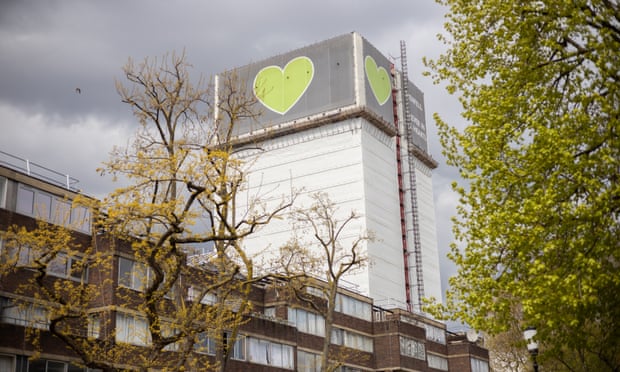London Mayor Sadiq Khan was amended the TFL conditions of carriage to make the wearing of face coverings mandatory despite the easing of restrictions across England.
In a move that opposes Prime Minister Boris Johnson, London Mayor Sadiq Khan has maintained that face coverings should be worn on all TFL (Transport For London) services as a legal requirement in respect of “greater public safety”.[1]
Prior to today, 19th July 2021, being dubbed so-called ‘Freedom Day’, it has been an offence under The Health Protection (Coronavirus, Wearing of Face Coverings in a Relevant Place) Regulations 2020 to not wear a face covering on public transport, with an attached fine of between £200-£6400 for non-compliance.[2] In the final stage of lockdown restrictions easing, Johnson recommended that it should be expected for individuals to wear their
face coverings in busy public settings where ventilation is poor i.e. the London Underground.
Johnson’s approach differs to that of the Welsh and Scottish government, who continue to make face coverings a legal necessity for use of public transport. Furthermore, Johnson is potentially opposing WHO (World Health Organisation) guidance in that face coverings are a key part to “supress transmission and save lives”,[3] this being very similar to UK governmental campaigns at the beginning of the pandemic.
Despite it no longer being a requirement under government regulations – following the 19th July 2021 – Khan reveals that under the Conditions of Carriage it will remain an offence to not wear a face covering on all TFL services, including private taxis.
Section 2.4 Conditions of Carriage:
“Given the coronavirus pandemic, all passengers over the age of 11 years must wear a face covering when travelling on our services, until further notice”.
“If you are not exempt and you fail to comply with this requirement or directions given by an authorised officer, you may not be allowed entry or may be asked to leave our premises. You may also receive a Fixed Penalty Notice or be prosecuted”.
Failure to comply will result in passengers being expelled and refused entry onto TFL services, being asked to leave TFL premises; or more seriously, an individual may incur monetary penalties, or face prosecution.[4] All employees of TFL are able to enforce the regulations.
Although not releasing his own definitive plans for public transport and mandatory mask wearing, fellow metro mayor, Andy Burnham (Greater Manchester) tentatively supports Khan in that he will not “rule out” following Khan’s decision.
It is an item of public interest to see how Khan’s changes to Johnson’s actions will develop and influence covid statistics over the coming weeks following the 19th July, one of which will be keenly watched and see if Khan’s approach is adopted by other major cities in the UK.
[1] Covid: Masks to remain compulsory on London transport – BBC News [accessed: 15th July 2021]
[2] https://tfl.gov.uk/campaign/face-coverings [accessed: 15th July 2021]
[3] https://www.who.int/emergencies/diseases/novel-coronavirus-2019/advice-for-public/when-and-how-to-use-masks [accessed 15th July 2021]
[4] Paragraph 2.4 Conditions of Carriage: https://content.tfl.gov.uk/tfl-conditions-of-carriage.pdf [accessed 15th July 2021]

